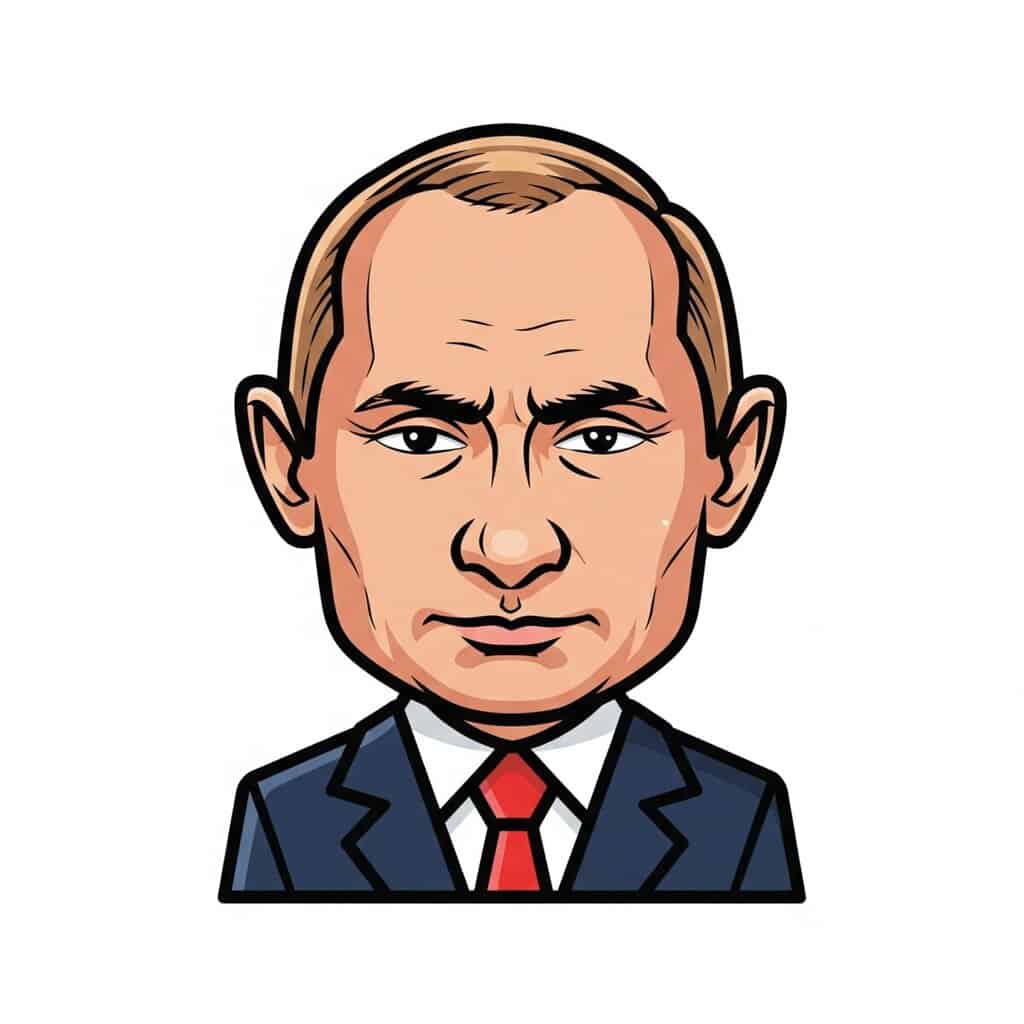Introduction This article discusses the political strategies and influence of Putin.
Vladimir Putin, the President of Russia, is a figure who evokes a range of emotions and opinions. He often polarizes observers domestically and internationally. Revered by some as a strong leader, he is denounced by others as an authoritarian figure. His political journey over the last two decades has redefined Russia’s role on the global stage. In recent years, some supporters have referred to him as “Putin the Great,” a title that reflects his significant influence on Russian politics, society, and foreign relations.
Early Life and Rise to Power
Born on October 7, 1952, in Leningrad (now St. Petersburg), Putin’s early life was shaped by the aftermath of World War II. After graduating from Leningrad State University with a law degree, he joined the KGB. There, he began a career that would shape his worldview and leadership style. Following the collapse of the Soviet Union, Putin transitioned from intelligence work to politics, quickly ascending through the ranks of local and federal government.
In 1999, he became Acting President when Boris Yeltsin resigned. In 2000, he was elected to his first term as President. Putin’s early years in power were marked by efforts to stabilize the Russian economy. He also reasserted state control over various sectors, including oil and natural gas, which would become the backbone of the Russian economy.
Domestic Policies and Authoritarianism
Putin’s administration is characterized by a consolidation of power. Many evidence suggest this has led to increasing authoritarianism. Critics argue that he has undermined democratic institutions, curtailed freedom of the press, and stifled political dissent. His government has been known to manipulate electoral processes. A series of constitutional changes in 2020 allowed him to potentially remain in power until 2036.
Supporters of Putin, including many in Russia, celebrate his role in restoring national pride and stability after the tumultuous 1990s. They see him as a protector of Russian sovereignty, particularly in the face of perceived external threats from NATO and the West. This narrative of strength and resilience plays a pivotal role in Putin’s popularity. This has often hovered around significant levels, despite various crises.
Foreign Policy and Global Impact
Putin’s foreign policy has been assertive and, at times, aggressive. This marks a significant shift from the previous two decades of post-Cold War relative calm. His annexation of Crimea in 2014 and support for separatists in Eastern Ukraine sparked international condemnation. These actions led to sanctions against Russia. These actions are often framed by Putin as necessary to protect Russian-speaking populations and as a response to Western encroachment on Russia’s sphere of influence.
Additionally, Putin has sought to position Russia as a global power by cultivating relationships with nations that share similar interests. He has also targeted those marginalized by the West. His administration has formed alliances with countries like China and Syria. He has played a significant role in international conflicts, including the Syrian Civil War.
The Legacy of “Putin the Great”
The label “Putin the Great” is both a symbol of admiration and a reflection of the more profound complexities of his leadership style. For supporters, it emphasizes his achievements in strengthening Russia’s economy and geopolitical stance. However, for critics, it raises concerns about the implications of his continued centralized control over power and freedom within the country.
As we look to the future, the global landscape in which Putin operates is changing rapidly. The implications of his leadership, both at home and abroad, will continue to unfold. Russia navigates challenges posed by economic sanctions, shifts in international alliances, and the ongoing struggle for control and influence on the global stage.
Conclusion
Vladimir Putin remains a formidable figure in contemporary politics, embodying the complexities of leadership in an ever-evolving international arena. Whether seen as “Putin the Great” or a controversial authoritarian, understanding his strategies, motivations, and impact is crucial. This understanding is essential to comprehending the current state of Russia and its role in global affairs. His legacy will undoubtedly be debated for years to come. This debate reflects the tumultuous nature of 21st-century geopolitics.

